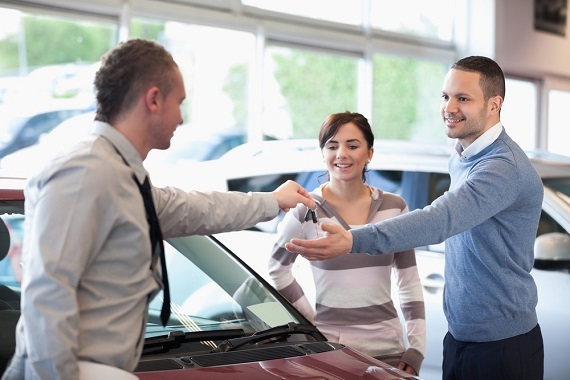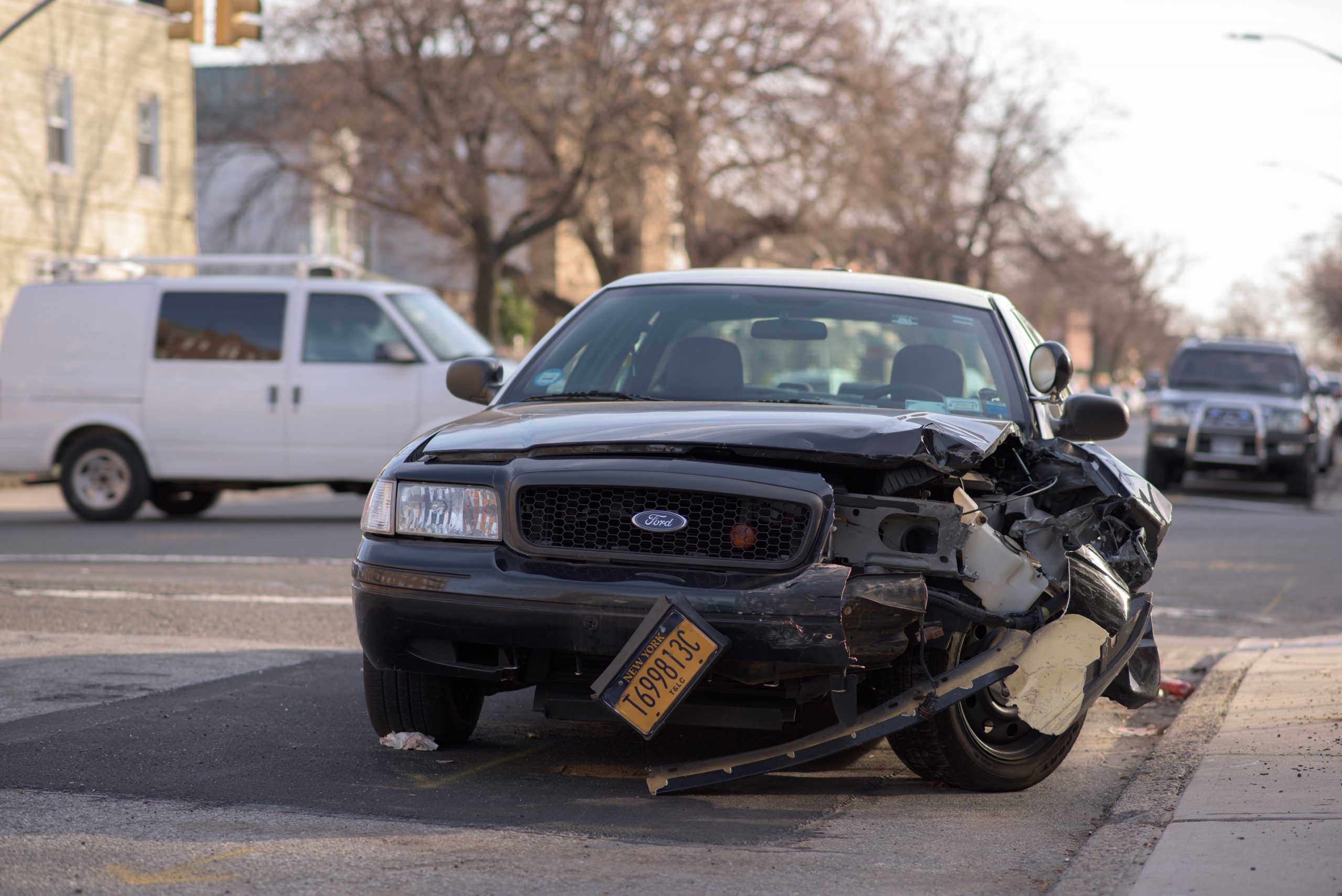Driving out of the lot is one of the favorite moments for anyone who is just buying a car for the first time — the feeling doesn’t get old, and it’s the same for regular buyers as well.
One aspect of owning a car that doesn’t come easy is the cost of maintenance and repairs. Maintenance and repair may not be an immediate challenge for those who buy new cars from showrooms or manufacturers’ stand.
However, that is not always the case with pre-owned cars. While it’s understandable that used cars can be a bit worn out, it’s important to distinguish between a used car and an old car.
Table of Contents
Factors to Consider When Buying a Car
To save you the heartbreak of buying a Land Rover in New Orleans and having to struggle with keeping it going, we will share some tips with you on how to avoid such pitfalls.
Read on!
1. Consider Your Budget
Of course, your budget has to be the number one factor to consider in your plans for buying a car. You have to determine how deep into your pockets, you can go and not bother about satisfying other commitments.
You should have a budget, not just any budget, but a realistic budget and not overstretch your finance. The budget also prevents you from paying for an overvalued car.
To help steer clear overvalued cars, you should use a car checker to verify the history of the car and get an idea of its true value.
2. Financing
Having gotten your budget right and you are ready to forge ahead with your plans of becoming the latest car owner in town, the next question is, “how do you intend to finance the purchase of your dream car?”
Regarding car purchases, there a couple of approaches to explore. One way to go is to a payout of your pockets —from your savings, and if the size of your savings cannot accommodate such expenses, you can opt for a car or auto loan. While you’re at it, remember to stay within your budget.
Before you go ahead with financing any car purchase, you need to be sure that the car is worth it. It would help a lot for you to check if the car has outstanding financial issues.
How do you verify such information?
A number plate checker can help with that and lots more. With the aid of a number plate checker, you can run outstanding financial checks to be sure you are not being coerced into buying a financial burden.
3. Verifying Car Documents
You need every document or paper about the car before you can claim ownership. These papers or documents include the car registration and car title; without both of them, you are not legally recognized as the owner of a vehicle, and you risk being fined if you are caught driving without valid papers.
It’s no longer news that tricksters go to any length to rip you off. They can go as far as selling a car to you with counterfeit papers. To avoid such gimmicks, you shouldn’t hesitate to verify the authenticity of all car papers with a car checker — verify every paper, including car title certificate and registration, among others.
4. Insurance Before Buying A Car
It would be best if you had insurance before buying a used car. Depending on the laws in your area, you will be greeted with a brick wall if you attempt to close a car deal without the necessary insurance.
If you have another car and are thinking of transferring the insurance coverage from one car to the other, it’s would be best if you check with your insurance company first.
Any car with an insurance “write-off” status should get you concerned. Write-offs will cost you more money on repairs than their value, and it feels like pouring water in a basket — write-offs will keep taking money from you.
A reliable number plate checker is also capable of checking car insurance write-offs and provide you with an advice/warning report to help you understand what you are getting into.
Hopefully, you find all we have discussed helpful and insightful. How about concluding with an addition to our third point — verifying car documents.
The car title and ownership papers should be clear and neatly written. Any omission could cause you lots of trouble with the authorities, and then, it may be too late to get a hold of the seller.
It would help if you also were careful when dealing with a third party or seller’s representative; always insist on dealing with the seller directly.
Remember, a car checker helps verify car documents. That would be all for now, and we hope to share our next post with you. Until then, feel free to share your opinion with us — Do get in touch.


